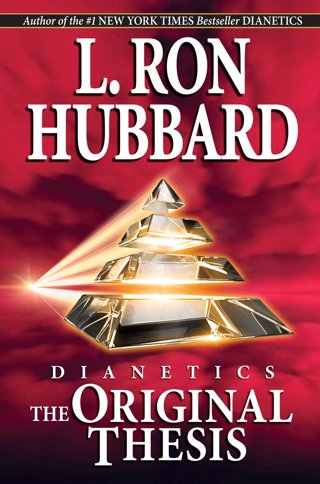Facts About Dianetics Revealed
Facts About Dianetics Revealed
Blog Article
Some Known Factual Statements About Dianetics
Table of ContentsSome Ideas on Dianetics You Should KnowFascination About DianeticsWhat Does Dianetics Do?Dianetics Things To Know Before You Buy
I couldn't ever before not intend to get anything that enters your mind for you- if it was or else, I wouldn't be sitting below with you, doing this. I not just could never have a problem, or not wish to hear something that comes to mind for you, but I'm completely anxious to understand every idea, every thought, every image or sensation that emerges or shows up for you- do not ever assume otherwise, and if for some reason you do, please simply allow me know! Occasionally, you may have a thought, and photo, idea or occurrence turn up that does not appear to respond to the inquiry, or connect to it, but nevertheless, constantly do tell me about it, and as we proceed, the relevance will certainly emerge for you.This is intrinsic in the basis of processing, and the topic of this conversation: the basic duties of the counselor and the client: The basic role of the therapist is, in contrast to "conventional training", not to control, which means to apply and/or prevent, yet to instead work from the basis of EMPOWERING THE CLIENT.

4 Easy Facts About Dianetics Shown
John Mcmasters revealed this basic reality wonderfully well in among his lectures on Power handling, wherein he clarifies just how he was asked what this "special propensity" was that he had for giving such wonderful sessions; he had to think of that for a minute, and detected that it was what he wasn't doing, as well as what he was doing: he had not been evaluating, judging, computer, or in reality, generating any kind of thoughts, let alone spoken expressions, after offering the command and while awaiting the PC to complete their solution to their complete satisfaction; he was, simply and just, existing with the computer, and completely interested.
The function of the therapist, showed; that was his "unique propensity". I have had my very own experience which educated me this well, really beforehand in the game. In 1982, having actually recently completed my training and internship on New More hints Era Dianetics, I was running this on a COMPUTER, and there was a point in the session where (being a little bit damp behind the ears not yet having several hours under my belt as an expert auditor) the PC seemed to be "taking as well lengthy" to share anything vocally after I offered him a command.
This key transformed out to be the most useful payment that John ever before made to the subject of therapy or auditing (Dianetics). In my simple opinion, it is the greatest payment that anyone has actually ever before made to these subjectsthe application is entirely non-judgemental, non-evaluative, and lacking any type of pointer, advice or opinion.no preconceived agenda for individuals, or 'degrees' that they should do
In Scientology we prided ourselves on not examining for individuals. All that really suggested was that the auditor did not VERBALLY evaluate for the PC in session.
Some Known Details About Dianetics

Anybody who had ever before seen John audit could not assist but observe an one-of-a-kind high quality in his auditing."The client's standard role is to be there with the purpose of relocating the instructions of their spiritual goals, and to easily and completely reveal and experience whatever shows up for them in answering the inquiries and performing the guidelines in the handling.
This is something to process as required. Also, individuals regularly have prior experience and/or indoctrination in auditing/processing which, in some methods, and to some degrees, really misinforms them into attitudes, ideas and behavior patterns that protect against the complete realization of these roles, and so they will have a tendency to hinder the expressing of what comes to mind, as in the instances given above - Dianetics. * The first, and probably primary examples of mis-indoctrination bring about much less than completely smooth and reliable sessions, can be discovered in particular facets of the training regimens, or "TR's":"TR's" are often a person's initial, or at the very least early, experience in Scientology, and while I will certainly take place to clarify what I view as the problems in concept and practice, nevertheless, tend to be substantially healing, done as they are offered (Hubbard firmly insists that "TR's are not processing, they are training", but factually, they are both handling AND training)
There is no "failing", and no denial of the fact of this being processing. The emphasis, as it ought to be, is on experiencing the various other person's visibility.
What Does Dianetics Do?

Report this page